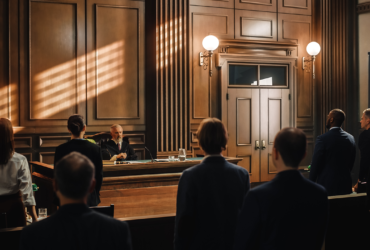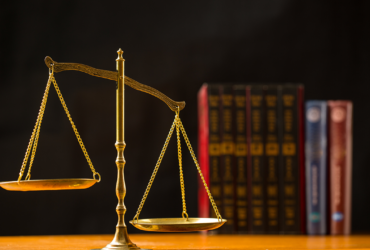At civil or criminal trials, there are four primary types of trial witnesses
The Eyewitness
The eyewitness is one of the most important types of witnesses because they can testify to what they actually perceived through their five senses – nothing else.
Distinction Between An Eyewitness and Percipient Witness
A percipient witness sets the scene for a jury by establishing a place, date, and time relevant to the overall understanding of the case.
The Lay Witness
Unlike an expert witness, a lay witness can not speculate or offer opinion testimony. Lay witness testimony is limited to matters they have personal knowledge of and no more.
The Expert Witness
The function of the expert witness at trial is to assist the jury in understanding a specialized topic such as medicine, physics, forensics, economics, or any other field of knowledge that is beyond the average understanding of a jury.
An expert witness is the only trial witness allowed to offer opinion testimony so long as that testimony does not exceed the scope of the expert’s expertise and is relevant and helpful to the fact-finder in interpreting the evidence.
The Character Witness
In criminal court, a character witness is a person who testifies under oath to another person’s, usually the defendant’s, moral character and reputation for truthfulness.
Once the defense opens the door to the accused’s so-called good character, the prosecutor may offer evidence that establishes the accused’s bad character.




